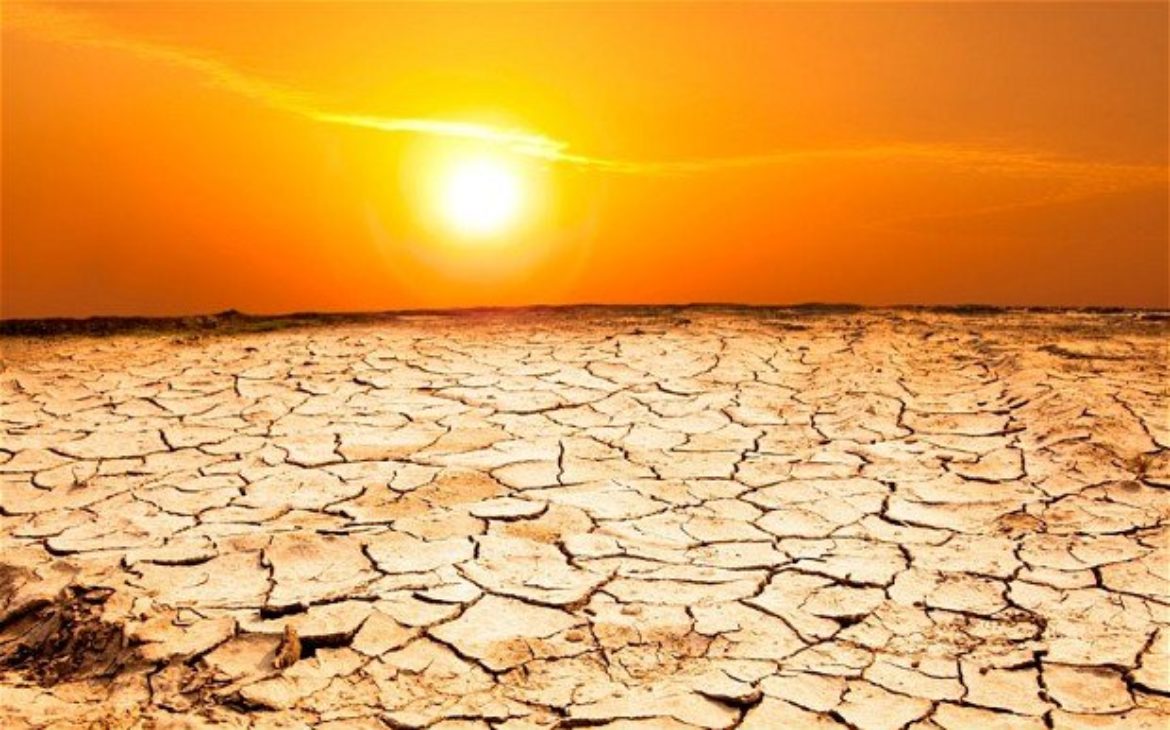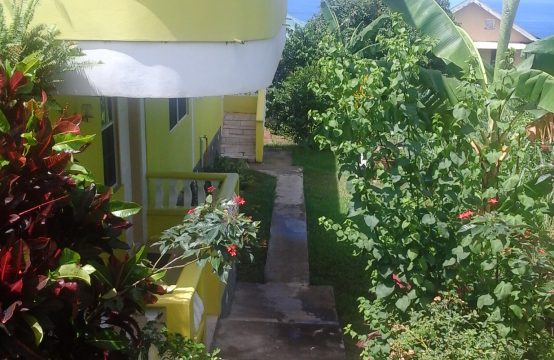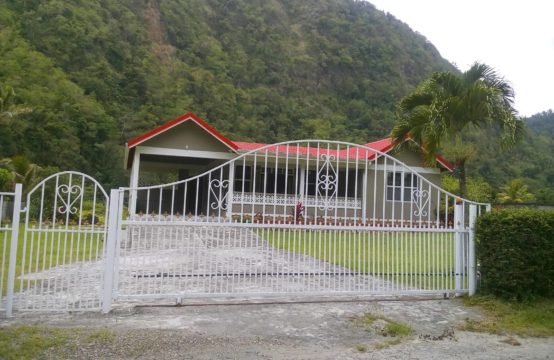Many of you may be aware of the drought warning issued for several Caribbean countries, including Dominica. Some of you may be clueless on how to respond to this news. We think it is useful to provide these tips for taking proactive action to allow you and your families to weather the expected dry season.
Before Drought
- Having a cistern installed in your home before things take a drastic turn for the worse is one of the best options to safeguard you and your family during a drought. It works by collecting rain water into large water tanks that can then be used when pipe borne water is no longer in abundance.
- In the event that pipe borne water is not available, water can be stored in large containers, barrels, buckets, pails, etc. within the home as well as outside which can last a very long time. If water is stored outside the home keep the containers away from direct sunlight, as they will deteriorate quicker.
- Ensure that your plumbing is well maintained and that there are no leaks. If a pipe, faucet, or toilet leaks water, correct this as soon as possible. Gallons of water can be wasted if you leave it as is.
- Plant trees and hedges with deep roots that are able to strive well in low moisture soil. Trees with deep root systems help contain the moisture level within the soil. Plants also provide shade to the home, and other plants that may suffer greatly from the heat.
During Drought
The main thing to practice during a drought is water conservation.
- In regards to dishes, fruits or vegetables fill a large bowl or the sink with water and wash rather than running water over them.
- Safeguard yourself from running short of water by collecting your laundry and washing less frequently. However, do not go overboard to the point that you’re stuck with large piles of clothing.
- Cut down on your time spent in the shower to save 3-5 gallons of water per minute. If you prefer baths fill the bathtub halfway to save 10-15 gallons of water.
- Try as much as possible to flush toilets as few times as possible and refrain from flushing trash items such as tissue paper.
- When washing your face or brushing your teeth leave the tap close. Faucets use about 2-3 gallons of water per minute.
- Never send water down the drain when it can be used for something else. Use excess water to feed your plants and water the soil.
- Before drinking water, remember to always boil, add purification tablets or use any other means to ensure that it is safe for consumption.











